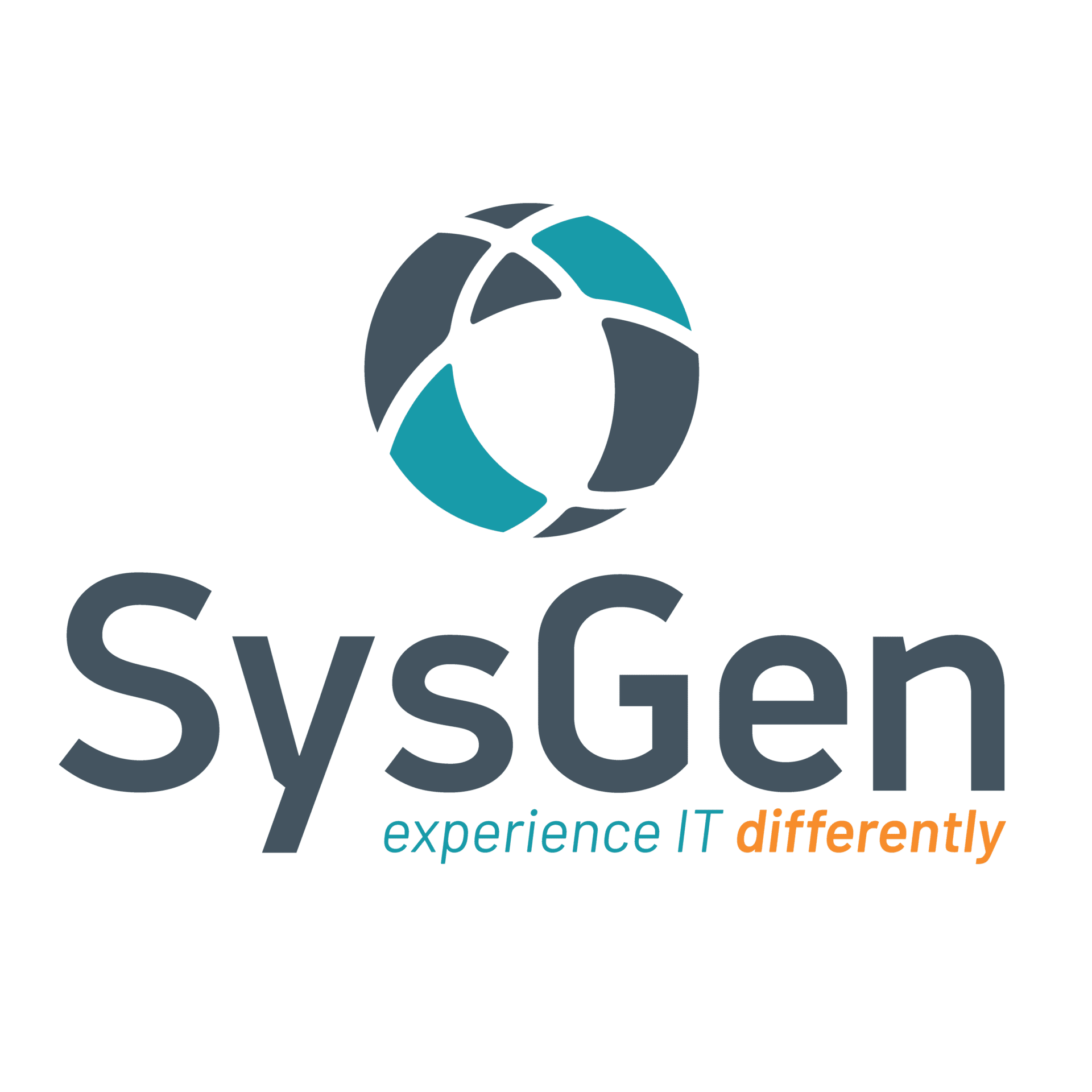Table of Contents
Overview of Microsoft Dataverse
Microsoft Dataverse, formerly known as the Common Data Service (CDS), is a powerful platform-as-a-service (PaaS) offering from Microsoft. It allows businesses to store and manage data securely, giving the IT environment a seamless data access experience. The platform can serve as the backbone for building custom business applications within the Microsoft Power Platform. This will enable seamless integration with various Microsoft products like Dynamics 365, Power Apps, Power BI, and Power Automate. In this article, we will hop into the evolution and history of Microsoft Dataverse, its core features and capabilities, key components, data types and usage, and the benefits for business owners to implement Microsoft Dataverse for their business.
Evolution and History
Originally introduced as the Common Data Service in 2016, Microsoft Dataverse has evolved significantly to become a robust data platform tailored to business needs. Microsoft Dataverse has integrated various features over the years, aligning itself closely with the broader Microsoft ecosystem to enhance functionality and interoperability.
Core Features and Capabilities
Microsoft Dataverse offers numerous capabilities designed to streamline data management and application development processes. Here are some of its core features:
- Data Storage: Microsoft Dataverse offers a centralized repository for storing and managing structured business data. This ensures data access, consistency, and reliability within the workplace environment, ensuring employees can seamlessly access data to allow them to complete their day-to-day tasks.
- Flexible Schema: Using this feature, businesses can define custom data schemas using entities, fields, and relationships. This allows businesses to create tailored solutions to meet specific requirements that may be needed for businesses to operate efficiently.
- Security and Compliance: Microsoft Dataverse offers built-in security measures and compliance certifications. Dataverse ensures data security and protection and provides regulatory compliance, and this instills business confidence to manage sensitive and classified information.
- Integration: Microsoft Dataverse offers seamless integration with other Microsoft products and third-party applications that facilitate data access, exchange, and interoperability. This will enhance overall productivity and efficiency in the workplace and allow employees to simultaneously use Microsoft products with ease.
- Scalability and Performance: This cloud-based, low-code data platform is designed to scale according to the business needs. Microsoft Dataverse is designed to accommodate growing data volumes and maintain optimal performance, even under heavy workloads.
Key Components of Microsoft Dataverse
Entities: Entities in Microsoft Dataverse represent data tables that store specific types of information relevant to an organization’s operations. These entities can range from standard entities, such as accounts and contacts, to custom entities tailored to unique business requirements.
There are two types of entities: common and custom. While common entities come pre-defined with standard attributes, custom entities offer flexibility for businesses to define their data structures based on specific needs. This distinction allows organizations to adapt Microsoft Dataverse to their unique workflows and processes.
Fields: Fields within entities define the attributes or columns that hold different types of data, such as text, numbers, dates, or lookup values. Understanding the various data types and their usage is crucial for effectively organizing, utilizing, and managing data within Dataverse.
Relationships Between Fields: Relationships establish connections between entities, enabling businesses to model complex data scenarios and maintain data integrity. Microsoft Dataverse supports various types of relationships, including one-to-many, many-to-one, and many-to-many, allowing for comprehensive data modelling capabilities for businesses.
Tables: Tables serve as the underlying structures for storing entity data within Dataverse. Each entity corresponds to a table in the underlying database, providing a structured framework for organizing and accessing data efficiently.
Integration and Connectivity
Microsoft Dataverse offers extensive integration capabilities, allowing businesses to seamlessly connect with other Microsoft products, third-party applications, and external data sources. Here are some of the featured integration points within Microsoft Dataverse:
- Power Platform Integration: Microsoft Dataverse integrates seamlessly with other components of the Microsoft Power Platform, such as Power Apps, Power BI, and Power Automate, enabling end-to-end application development and automation workflows.
- External Data Sources: Businesses can connect Microsoft Dataverse to external data sources using connectors, APIs, or custom integrations, facilitating data exchange and synchronization across disparate systems.
- Azure Services Integration: Leveraging Azure services, businesses can extend Dataverse’s functionality by integrating with Azure data services, AI capabilities, and advanced analytics tools, unlocking new possibilities for data-driven insights and innovation.
Security and Compliance Within Microsoft Dataverse
Security and compliance are paramount considerations for businesses when managing sensitive and classified data. Microsoft Dataverse offers robust security features and compliance certifications to ensure data protection and regulatory adherence. Here are some important key aspects:
- Role-Based Access Control (RBAC): Administrators can define granular access controls based on user roles and permissions within Microsoft Dataverse. This restricts access to sensitive data and functionalities as needed.
- Data Encryption: Microsoft Dataverse employs encryption mechanisms to safeguard and ensure data security both at rest and in transit, mitigating the risk of unauthorized access or data breaches within the business IT environment.
- Compliance Certifications: Microsoft regularly undergoes third-party audits and certifications to validate Dataverse’s compliance with industry standards and regulations, assuring businesses regarding data privacy and security.
Benefits of Microsoft Dataverse
Microsoft Dataverse offers several compelling benefits for businesses seeking to streamline data management and application development processes. Here are some of them:
- Centralized Data Repository: Microsoft Dataverse provides a unified platform for storing and managing structured business data, eliminating the need for disparate systems and siloed data sources. This means Dataverse helps prevent duplicated files and eliminate editing issues when teams need to collaborate on projects.
- Rapid Application Development: With intuitive tools and pre-built templates, businesses can quickly develop custom applications and workflows tailored to their specific needs, reducing time-to-market and development costs.
- Scalability and Flexibility: Microsoft Dataverse scales seamlessly to accommodate growing data volumes and evolving business requirements, ensuring optimal performance and agility in adapting to changing market dynamics.
- Interoperability and Integration: Integration with other Microsoft products and third-party applications enables seamless data exchange and interoperability, empowering businesses to leverage existing investments and technologies effectively.
How to Get Started
Getting started with Microsoft Dataverse involves several key steps:
- Assess Business Needs: Identify key business requirements and data management challenges that Dataverse can address, aligning the platform with organizational goals and objectives.
- Define Data Model: Design a data model based on entities, fields, and relationships that accurately represent the organization’s data schema and workflows, ensuring alignment with business processes.
- Build Applications: Utilize Microsoft Power Platform tools such as Power Apps, Power BI, and Power Automate to develop custom applications, reports, and automation workflows that leverage Dataverse as the underlying data platform.
- Integrate and Extend: Microsoft Dataverse allows the exploration of integration opportunities with other Microsoft products, third-party applications, and external data sources. This allows Dataverse to enhance its functionality and extend its capabilities according to business needs.
- Ensuring Security and Compliance: Implement appropriate security measures and compliance controls to protect sensitive data and ensure regulatory adherence, safeguarding the integrity and confidentiality of organizational information.
Challenges and Considerations
While Microsoft Dataverse offers significant advantages, businesses should also consider potential challenges and considerations:
- Data Governance: Establishing robust data governance practices is essential to maintain data quality, integrity, and compliance within Dataverse. Business owners must anticipate addressing potential issues such as data duplication, inconsistency, and privacy. These issues may occur if employees aren’t trained properly on how to operate Dataverse accurately.
- Customization Complexity: Customizing entities, fields, and relationships within Dataverse requires careful planning and expertise. This is to ensure optimal performance and scalability while avoiding unnecessary complexity during day-to-day business operations.
- Integration Complexity: Integrating Dataverse with external data sources and legacy systems may present challenges related to managing data mapping, transformation, and synchronization, requiring thorough planning and technical expertise. Preparing for potential complications to occur may prevent this issue from happening.
- Training and Adoption: Effective training and user adoption strategies are crucial to maximize the value of Microsoft Dataverse within the organization, ensuring that end-users in the business understand how to leverage the platform effectively and efficiently.
In conclusion, Microsoft Dataverse offers a robust and flexible platform for businesses to store, manage, and leverage their data effectively. By understanding its core features, benefits, and integration capabilities, businesses can harness the power of Microsoft Dataverse to drive innovation, enhance productivity, and achieve their strategic objectives in today’s data-driven world. Not sure where to start? Connect with our digital transformation experts to propel your business’ data management!
Curious to learn more about Microsoft Dataverse?



